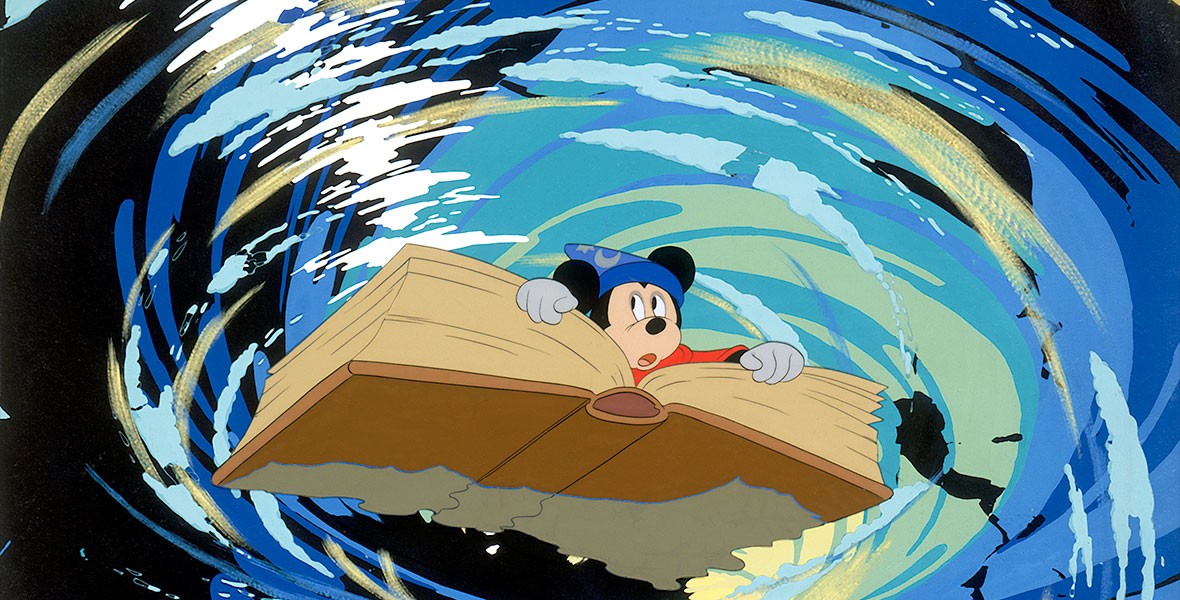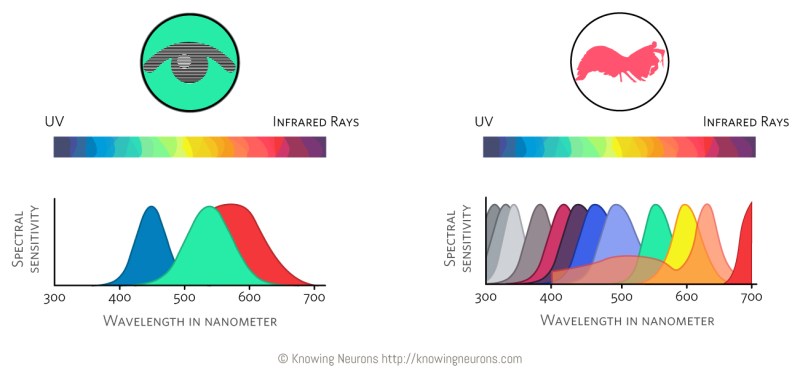The Limitations Of Our Senses

Which segues into my next point I wanted to make regarding the authors comments in the postscript. One particular quote that Ackerman wrote that caught my attention was "Ecstasy means being flung out of your usual self, but that is still to feel
a commotion inside". It made me realize that the same could be said for any drug theoretically, everyone takes drugs in order to get some sort of high (be it coke, heroin or even marijuana) so that they can be out of their bodies yet feeling everything at the same time. We want to be able to experience something that we believe our bodies can't feel on their own. The feeling of getting lost in ones senses and being able to get that overstimulation of stimuli that we are otherwise "blind" to.
Another thing Ackerman brought to my attention in the postscript was the realization that our world as we know it is just our brains building a reality around the sensory information it encounters on the day. Which "duh" right? But it's truly just not something I feel like people stop to consider often (me included). To think that a one-celled animal, like Ackerman said, may have a realer sense of how the world truly is, is unfathomable to us. Yet its still the truth, that one-celled animal is taking in every single stimuli its presented with whereas humans block off some of those stimuli. For example, humans can only process 3 channels of color whereas mantis shrimp can process 12 as well as UV and polarized light. Their world must be so vastly different than the world that we see yet it's the same planet, same environment, same stimuli. It really makes you want to consider just what all are we missing out on? Thats ʷʰʸ people turn to things like drugs or trying to make things like bat detectors, so that we can try to get a glimpse of the experiences we're blind to.



I think almost any use of the word "primitive" is problematic. It usually implies and connotes some sort of very white Eurocentric theory of progress. That said, what she's trying to get at is that developmentally, it seems that infants start out with synaesthesia, but as their brains develop, their (our) senses become more differentiated. We should ask our neuroscientist guest lecturers about that. And so the argument goes, that developmental process mirrors the species' evolutionary process (as they used to say on my college biological anthropology class "ontogeny recapitulates phylogeny"), so synaesthesia in infant development be a carry-over from earlier stages of human development. I know that still sounds like a theory of progress, but only if we assume that our current species make-up is the "highest" form of human development. It's probably better say its simply the current form of our evolutionary adaption, which may be "best" for our current environment, but when that changes (as it's doing now), our species will need to adapt differently. Indeed, the many scientists understand the obesity epidemic as the result of our evolutionary preferences for sugar being out of sync with the our dramatically increased access to it.
ReplyDeleteAnd I love your final observation. Spot on!